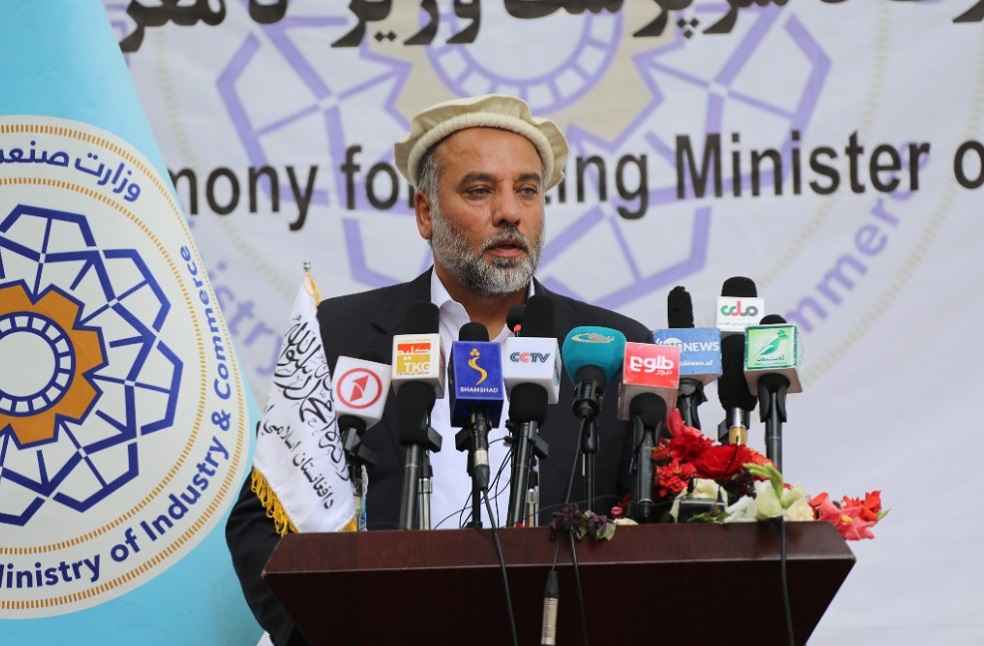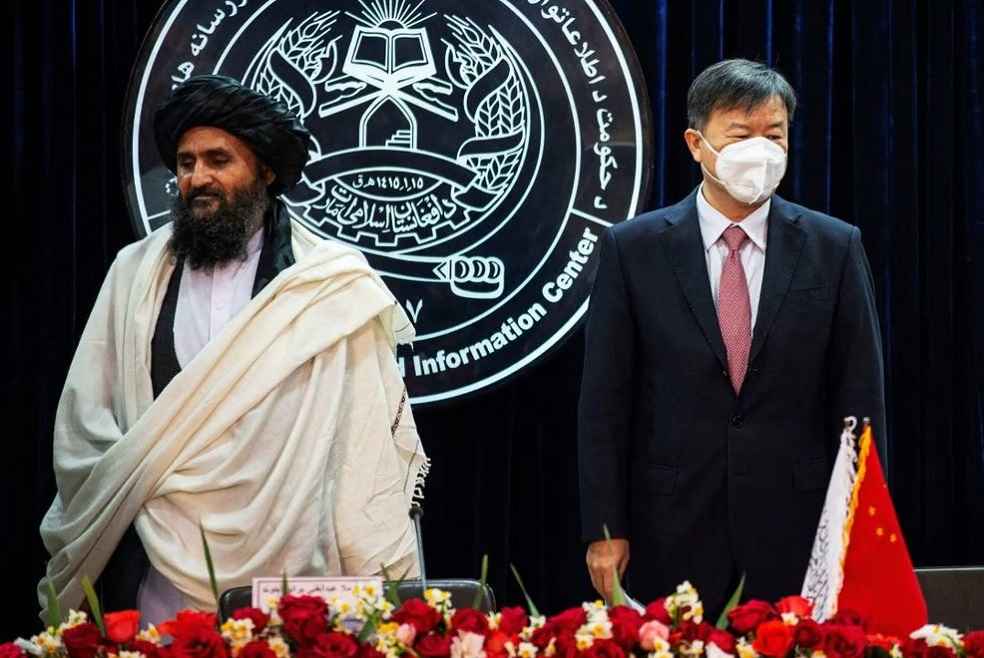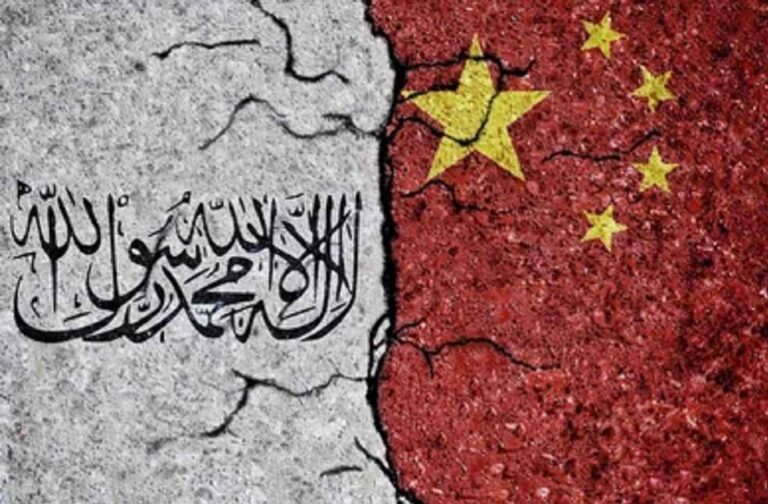The Taliban is poised to amplify its international presence, with the acting minister for commerce and industry, Haji Nooruddin Azizi, scheduled to participate in China’s prestigious Belt and Road Forum. This appearance underscores an enhancement of Beijing-Taliban relations, persisting despite the absence of global formal recognition.
Celebrating a decade of President Xi Jinping’s monumental Belt and Road initiative, the forum epitomizes a nexus of global infrastructure and energy dialogue. The Taliban’s participation diverges from its conventional attendance at regional conclaves, reflecting a broader diplomatic canvas centered on global economic discourses rather than exclusive Afghan-centric deliberations.
Azizi, whose Beijing visit is imminent, will be instrumental in inviting influential investors to Afghanistan, as conveyed by ministry spokesman Akhundzada Abdul Salam Jawad to Reuters. With a spectrum spanning from copper to gold and lithium, Afghanistan’s untapped mineral wealth is a promising lure for substantial foreign investment.

The forum is also anticipated to be a crucible for strategic discussions, propelling plans such as a pivotal road through Afghanistan’s Wakhan corridor, promising enhanced connectivity to China, and unveiling a realm of economic opportunities.
Unified visions echoed by China, the Taliban, and Pakistan earlier this year illuminate a pathway toward the Belt and Road initiative’s expansiveness, envisioning Afghanistan as a new frontier, thereby extending the influential China-Pakistan Economic Corridor into Afghan territories.
Navigating a labyrinth of international skepticism and criticism, the Taliban’s administrative helm faces challenges in attaining formal global recognition, primarily attributed to policies restricting women’s societal participation and curbing female involvement in non-governmental organizations.

China, showcasing diplomatic agility, fosters a nuanced engagement with the Taliban, distinguishing itself as a pioneer by appointing the inaugural ambassador to Kabul following the Taliban’s ascent.
This evolving confluence between China and the Taliban heralds a transformative chapter in international diplomacy, resonating with multifarious impacts on geopolitical alignments, strategic ingress, and global economic trajectories.
LATEST NEWS | Brazil-India Boost Trade: Strategies for Bilateral Economic Growth Unveiled



